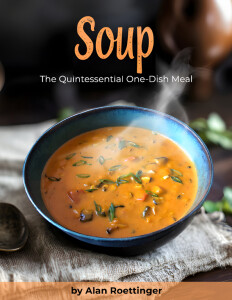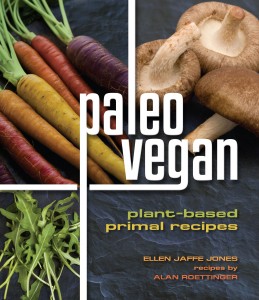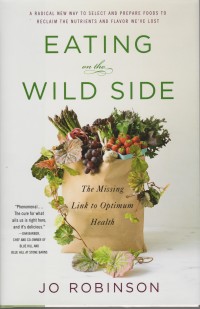 |
| Yelloweye Stuben Beans |
On the bright side, up until the last day, everything was on sale at dramatically discounted prices.
So off I mournfully/gleefully went, to buy up whatever I could before it was too late. Among the items I made off with was a bag of “Yelloweye Stuben Beans,” an heirloom bean variety that was brand new to me.
Now, I know some people might be thinking, “So?” But I have more than a mere passing interest in beans; I happen to love beans–even the smell of beans cooking is delightful to me. So for me, to find a new variety is a real treat. But an heirloom variety is doubly exciting, because just by the act of buying them (even at a discount), I’m doing my part to support those heroic farmers who are keeping biodiversity alive–and protecting the future of food itself. Think of these guys as the Un-Monsanto farmers. I can feel a post coming on about heirloom seeds and the urgency to keep traditional organic farming methods vibrant and viable. So important.
Anyway, back to the beans. The first time out, I decided to boil them first with no other ingredients, so I could enjoy their unique flavor and texture alone, in an uncomplicated form. I was pleased to see that their characteristic “eye” (much more brown than yellow) didn’t melt away, but remained distinct once the beans were cooked. I had been so disappointed the first time I made Anasazi beans, because their gorgeous red and white mottled coloring had homogenized like those on the pinto bean. They were still tasty, but I had expected the colors to remain intact. These beans, on the other hand, did not disappoint.
Once the beans were done and had been tasted, they called out for a suitable pairing of some kind. They didn’t seem to want hot spices, but were leaning rather in the direction of comfort food, along the lines of a mild but rich stew or soup. So here’s what I ended up doing:
 |
| Click the image to enlarge. |
I heated a couple tablespoons of EVOO in a large pot and sautéed diced onion, celery, and carrot for a few minutes, until they began to soften and release their aromas. Then I added minced garlic, diced broccoli stems (peeled, of course), red Swiss chard stems, potatom and zucchini, and continued to stir until the mixture was nearly dry. Then I added a quart of water, the cooking liquid from the beans, a few cubes of vegetable bouillon, and a little salt. After it all came to a boil, I added the Swiss chard greens, cut small, and turned the fire down to let it simmer gently until the vegetables were tender and the liquid had thickened into a rich broth. Then I added the beans and turned up the heat. Once the beans had had a chance to meld with the soup, I tasted the soup and added just a touch more salt (my wife and I both are blessed with low blood pressure). I served the soup just as it was, garnished with a few fresh thyme tips.
I will miss Extraordinary Ingredients, the surprising finds I always encountered there, and the shopkeepers’ passionate enthusiasm for food. But I’ve still got a big bagful of “last days” bargains to go through, which will afford me a gentle withdrawal (sigh).







This soup looks fantastic! Just last week, one of the vendors at my local Farmers’ Market mentioned that she had planted some Yelloweye beans. Now I’ll know what to do with them come harvest time. Thanks!
Thanks! And you’re welcome.
The beauty of a soup like this (to me) is its simplicity; it relies purely on the flavors of the vegetables and beans, with only a little accent of thyme (which is entirely optional).